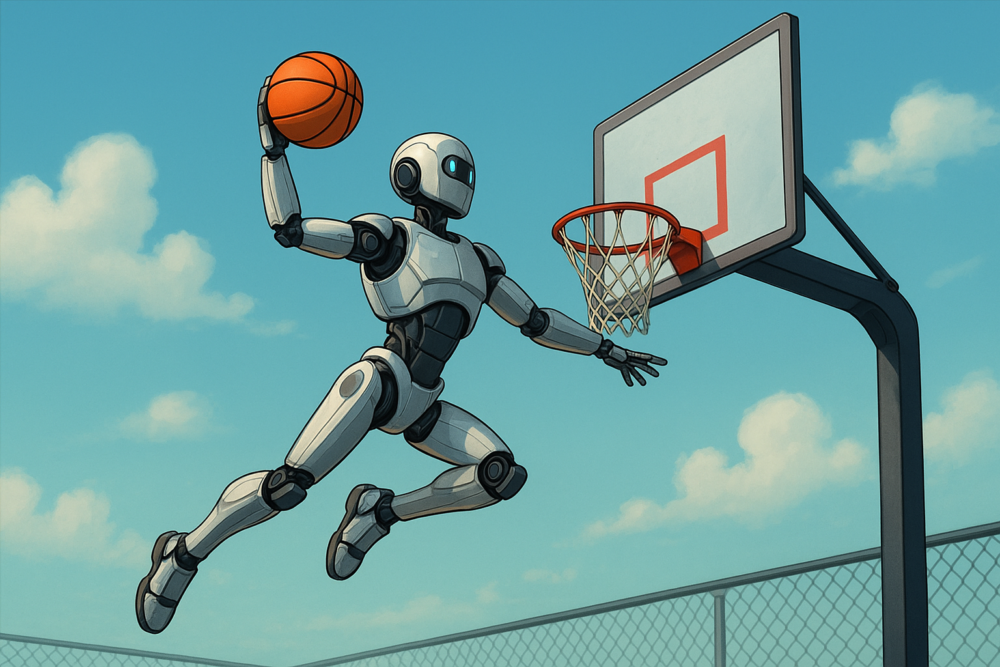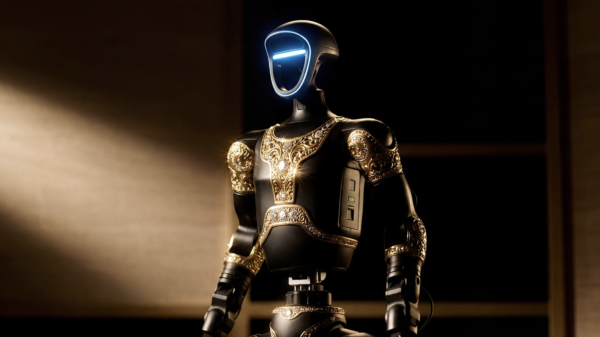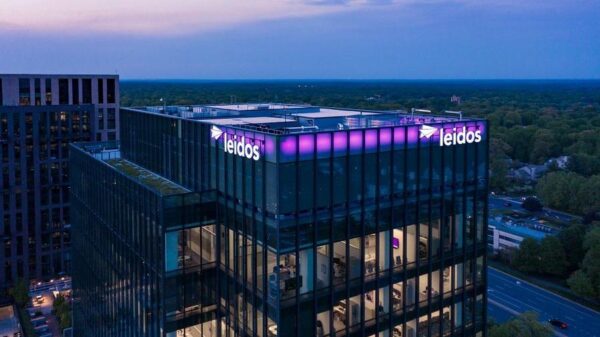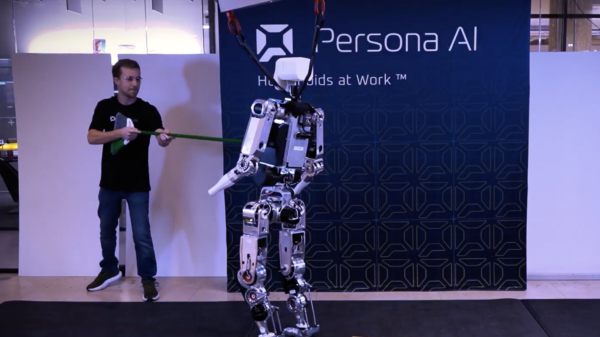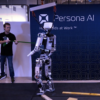A top Chinese economic agency warned that rapid investment in humanoid robots may inflate a dangerous bubble.
The caution came as anxiety rose about a broader swell in artificial intelligence that some analysts fear could soon reverse. National Development and Reform Commission spokesperson Li Chao said on Thursday that China’s humanoid robotics sector must control its pace of expansion to avoid a glut of similar machines.
He noted that investors have poured money into the field despite limited real-world uses for the technology. He added that shrinking research budgets could produce copycat models and stall innovation.
China now hosts more than 150 humanoid robotics companies. More than half are startups or firms that recently jumped in from unrelated sectors. The agency rarely warns fast-growing industries, so this comment suggested genuine concern within Beijing’s economic ranks. Earlier this year, officials named embodied intelligence a national priority, and they urged firms to explore its economic potential.
Chinese tech giant Ant Group, an affiliate company of the Chinese conglomerate Alibaba Group (NYSE: BABA), which controls the Alipay platform, recently entered the space with its first humanoid robot. The company showed the machine at major tech events this month. Videos displayed Robbyant’s R1 robot preparing shrimp at the IFA 2025 show in Berlin. The device cooked for crowds and moved across a small kitchen setup.
The company, known formally as Shanghai Ant Lingbo Technology, said R1 could eventually serve as a companion robot or a caregiver in healthcare. It also said the robot may guide tourists through museums or parks. However, observers urged caution when assessing the robot’s abilities.
Read more: MIT determines that AI could already replace 11.7% of American workers
Read more: MIT lab unveils intelligent ‘FiberCircuits’ tech at private event
Modern AI will help robots adapt to complex environments
Ant has not revealed a launch date or price. The firm is currently testing R1 in community centers and restaurants. Meanwhile, engineers are refining the robot’s balance and basic mobility. The company said it will gather user feedback before planning a commercial rollout.
Ant joins Tesla Inc (NASDAQ: TSLA) and several Chinese firms that continue to fund AI-driven robotics. For decades, robotics companies struggled to perform simple physical tasks without constant human oversight. Many researchers now believe modern AI software may help robots adapt more quickly to complex environments. Furthermore, companies hope better sensors will allow machines to complete routine chores with fewer errors.
Investors appear eager to back that vision. However, economists warned that enthusiasm may outrun reality if companies cannot deliver meaningful results. The robotics sector has made similar promises before, and progress often moved far slower than public expectations.
Some analysts said the current moment feels different because AI systems process information more efficiently than in earlier robotics cycles. Additionally, firms can train robots with large datasets that did not exist a decade ago. Even so, China’s planners want companies to avoid risky speculation while they refine the technology.

